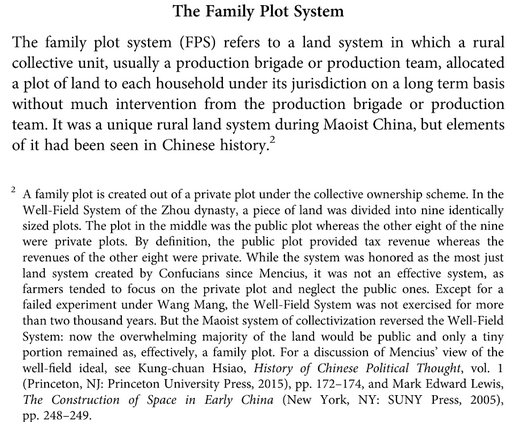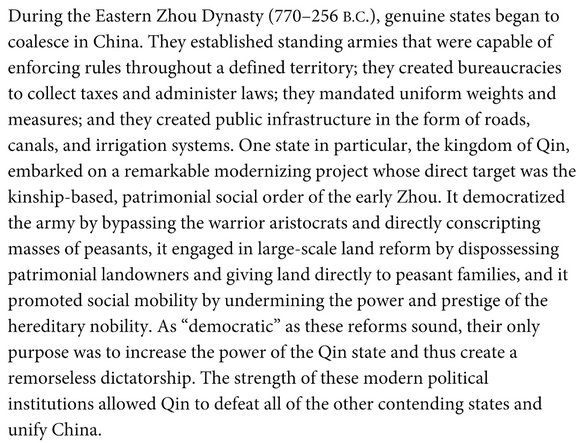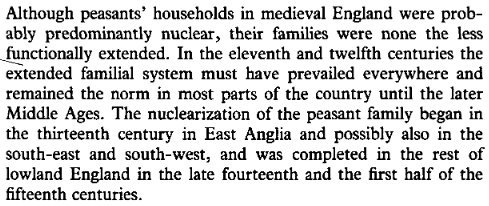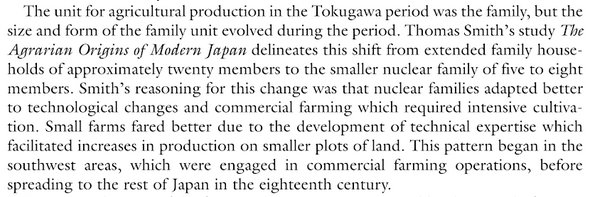land reform's an ancient practice in china. every dynasty took a shot at it, sometimes multiple times over.
here're zheng & huang comparing the communist "family plot system" to the zhou dynasty's "well-field system" of 2-3000 ya (books.google.com/books?id=CHpnD…). nothing new in #China.
here're zheng & huang comparing the communist "family plot system" to the zhou dynasty's "well-field system" of 2-3000 ya (books.google.com/books?id=CHpnD…). nothing new in #China.

@PALE_Primate ping!
the short-lived qin dynasty that followed the zhou also tried land reform. the goal there was to break the power of large kin-groups (sound familiar?). (books.google.com/books?id=CvN0i…) 

• • •
Missing some Tweet in this thread? You can try to
force a refresh










